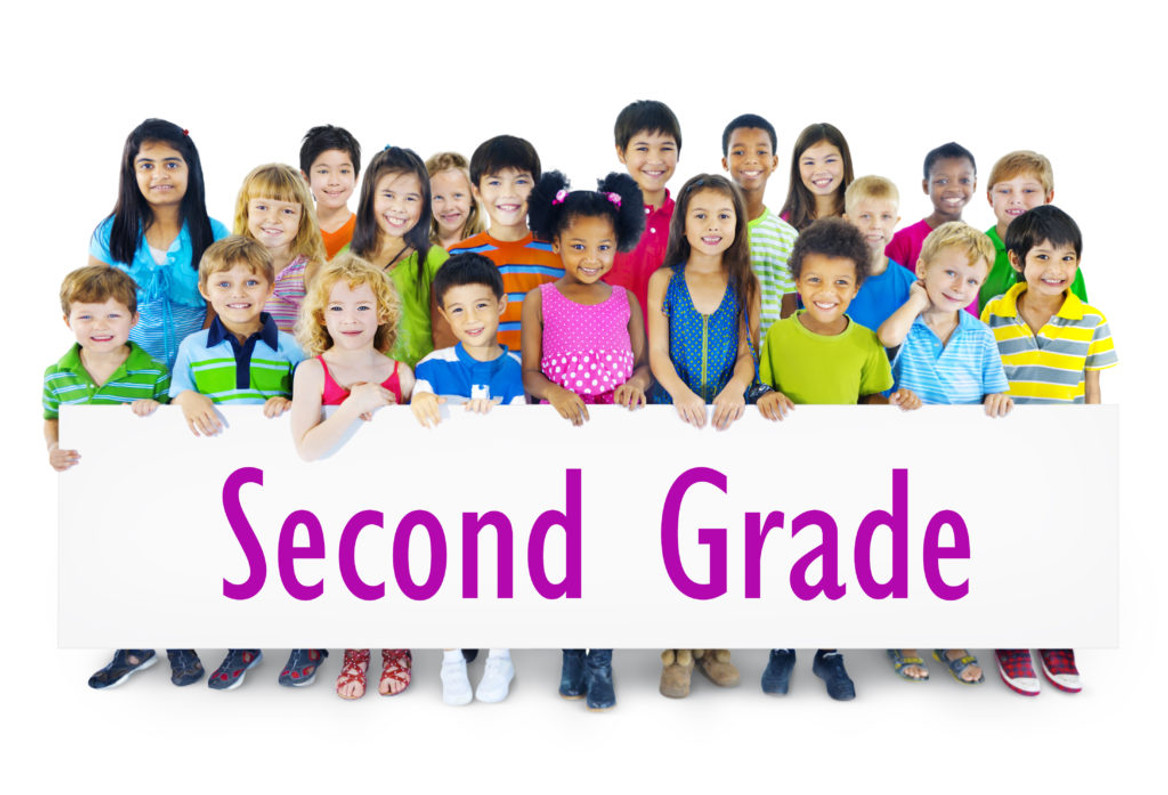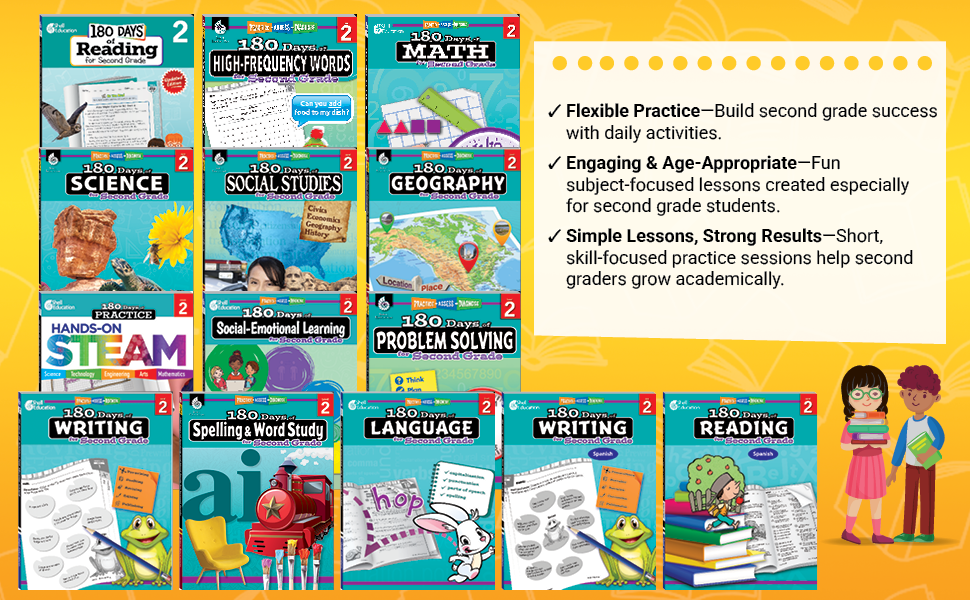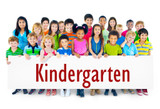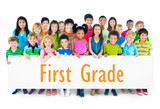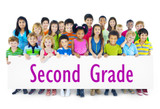What Your Second Grader Should Be Learning
Second grade is a pivotal year in a child's educational journey, marked by continued growth and exploration across various academic and developmental domains. As children transition from the foundational skills of early elementary years, they delve deeper into subject matter and develop more sophisticated learning strategies. In this article, we explore what your second grader should be learning and why these skills are crucial for their ongoing development and success.
1. Reading Proficiency and Comprehension: In second grade, children build upon the reading skills acquired in previous years. They focus on developing fluency, decoding multisyllabic words, and deepening comprehension through strategies like predicting, summarizing, and making connections. Reading a variety of texts, both fiction and nonfiction, enhances their vocabulary and broadens their understanding of the world.
2. Writing Skills and Composition: Second graders expand their writing abilities by composing more complex and structured pieces. They learn to organize their thoughts cohesively, incorporate descriptive language, and develop narratives with a clear beginning, middle, and end. Writing across different genres, such as narratives, informational texts, and opinion pieces, nurtures creativity and self-expression.
3. Math Mastery and Problem-Solving: Mathematics in second grade involves building fluency in addition and subtraction, understanding place value, and exploring concepts like measurement, time, money, and geometry. Second graders engage in problem-solving activities that require critical thinking, reasoning, and mathematical strategies to solve real-world problems. Developing a strong foundation in math sets the stage for future success in more advanced concepts.
4. Expanded Vocabulary and Language Skills: Second graders continue to expand their vocabulary and refine their language skills through reading, writing, and oral communication. They learn new words through context, prefixes and suffixes, and word analysis activities. Developing strong language skills not only enhances communication but also supports academic achievement across all subjects.
5. Science Exploration and Inquiry: In second grade, children delve deeper into scientific inquiry and exploration. They investigate natural phenomena, conduct simple experiments, and learn about concepts such as life cycles, ecosystems, matter, and energy. Hands-on activities and observation foster curiosity, critical thinking, and a deeper understanding of the scientific process.
6. Social Studies and Global Awareness: Second graders explore topics in social studies that expand their understanding of communities, history, geography, and citizenship. They learn about different cultures, traditions, and historical figures, developing an appreciation for diversity and empathy for others. Studying global issues and current events fosters awareness and a sense of responsibility as global citizens.
7. Critical Thinking and Problem-Solving Skills: Second graders refine their critical thinking skills through analysis, evaluation, and problem-solving across various subjects. They learn to identify patterns, make connections, and draw conclusions from information presented in different formats. Engaging in puzzles, logic games, and collaborative projects enhances their ability to think critically and creatively.
8. Digital Literacy and Technology Skills: As technology becomes increasingly integrated into education and daily life, second graders develop essential digital literacy and technology skills. They learn to navigate digital tools, conduct research online, and use multimedia resources responsibly. Building proficiency in technology prepares them for success in a digitally connected world.
9. Continued Fine Motor Development: Fine motor skills continue to be refined in second grade through activities such as handwriting, drawing, painting, and crafting. Strengthening fine motor skills enhances dexterity, precision, and coordination, supporting tasks that require manipulation of small objects and tools.
10. Growth Mindset and Resilience: Second grade is an opportune time to cultivate a growth mindset and resilience in children. They learn to embrace challenges, persist in the face of setbacks, and view mistakes as opportunities for learning and growth. Developing a positive attitude towards learning fosters confidence, perseverance, and a lifelong love of learning.
In conclusion, second grade is a pivotal year for building upon foundational skills and fostering deeper understanding and inquiry across various academic disciplines. By focusing on reading, writing, math, critical thinking, and social-emotional development, educators and parents can ensure that second graders are well-equipped for the challenges and opportunities that lie ahead. It's not just about what children learn in second grade, but how they learn and the skills they acquire to become lifelong learners and contributing members of society.
Recent Posts
-
What Your Kindergartener Should Be Learning
Kindergarten marks the beginning of a child's formal education journey—a time of exploration, discov …Jan 7th 2026 -
What Your First Grader Should Be Learning
First grade is an exciting time in a child's educational journey. It marks the transition from the e …Jan 6th 2026 -
What Your Second Grader Should Be Learning
Second grade is a pivotal year in a child's educational journey, marked by continued growth and expl …Jan 5th 2026

